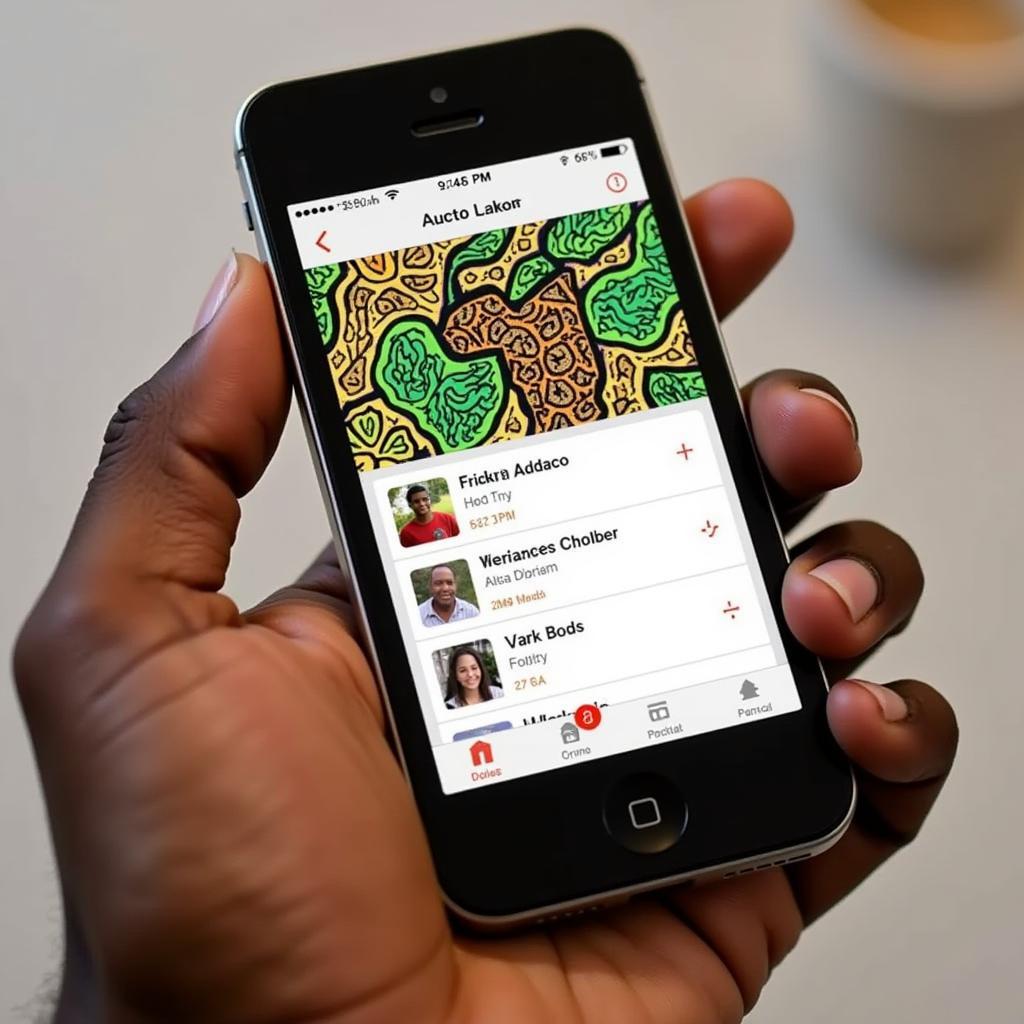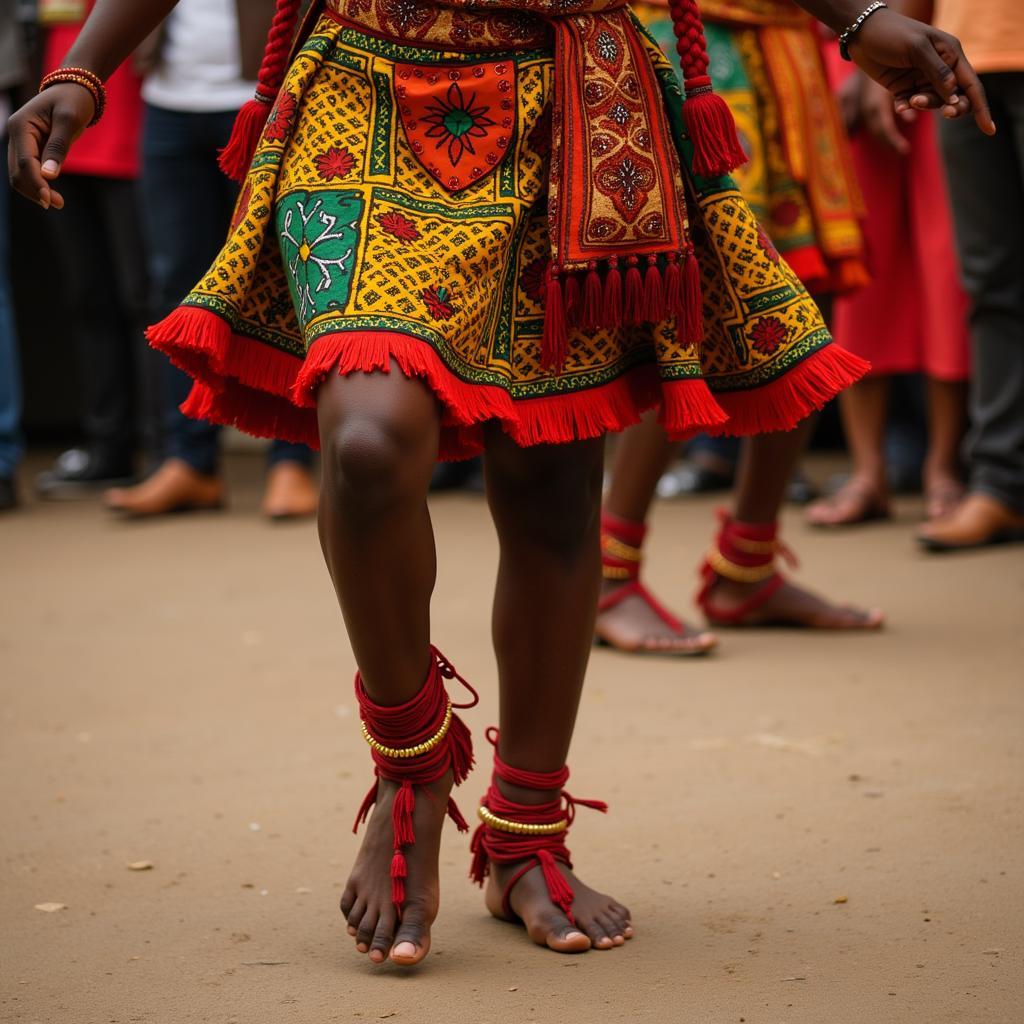Navigating the African Fixer Guild: Your Guide to Finding Local Expertise
The African Fixer Guild, a network of local professionals, offers invaluable support for anyone working on projects across the continent. Whether you’re a journalist, filmmaker, researcher, or business professional, understanding how to navigate this intricate network can significantly impact your project’s success. Connecting with the right fixer can unlock access to local communities, navigate bureaucratic processes, and provide crucial cultural insights.
What is the African Fixer Guild?
While there isn’t a single, formalized “African Fixer Guild” in the traditional sense, the term refers to the diverse and skilled network of individuals who act as facilitators and problem-solvers for foreign projects in Africa. These individuals, often referred to as fixers, stringers, or local producers, possess deep knowledge of their respective regions, languages, cultures, and bureaucratic procedures. They play a crucial role in bridging the gap between international teams and the local context. Finding and working with the right fixer is essential for navigating the complexities of working in Africa.
Why You Need an African Fixer
Working in unfamiliar environments, especially in diverse and culturally rich regions like Africa, presents numerous challenges. An experienced fixer can help you overcome these hurdles. They can translate languages, obtain permits, arrange transportation, and access difficult-to-reach locations. More importantly, they provide invaluable cultural insights and ethical guidance, ensuring your project is respectful and sensitive to local customs. A skilled fixer can also help you build trust with local communities, opening doors to authentic experiences and stories.
Finding the Right Fixer in Africa
Locating a reliable fixer can sometimes be challenging. There’s no centralized directory, and relying solely on online searches may not yield the best results. Networking within your industry is crucial. Reach out to colleagues, journalists, filmmakers, or researchers who have worked in Africa before. Their recommendations can provide valuable leads. Local journalist associations, film commissions, and NGOs can also be helpful resources. Remember that building trust is paramount. Take the time to interview potential fixers, discuss your project’s needs and values, and ensure a good fit in terms of skills, experience, and personality.
Key Qualities to Look for in an African Fixer
When evaluating potential fixers, consider the following essential qualities:
- Local Expertise: Deep understanding of the specific region, culture, and customs.
- Language Proficiency: Fluency in relevant local languages and English (or other working language).
- Networking Skills: Established connections with local communities, authorities, and other relevant stakeholders.
- Problem-Solving Abilities: Resourcefulness and adaptability in navigating unexpected challenges.
- Ethical Conduct: Commitment to responsible and respectful practices.
Working Effectively with Your African Fixer
Once you’ve found the right fixer, establishing a strong working relationship is crucial for your project’s success. Clear communication, mutual respect, and transparency are essential. Clearly define roles, responsibilities, and payment terms upfront. Regularly communicate your project’s progress and any changes in plans. Be open to your fixer’s advice and insights, as their local knowledge is invaluable. Remember that your fixer is more than just a facilitator; they are a valuable partner in your project.
Building a Strong Partnership
Building a strong partnership with your fixer involves more than just professional collaboration. Take the time to understand their perspective, learn about their culture, and show genuine interest in their experiences. This mutual respect and understanding will strengthen your working relationship and contribute to a more successful and enriching project. Remember that a good working relationship can often lead to long-term collaborations and valuable friendships.
Conclusion: The African fixer guild, though not a formal entity, is a vital network of professionals who facilitate successful projects across the continent. Finding and collaborating with a skilled fixer is essential for navigating the complexities of working in Africa and ensuring your project’s success. By understanding their role, key qualities, and the importance of building a strong partnership, you can unlock the true potential of local expertise and contribute to a more enriching and impactful experience.
FAQ
- How much does it cost to hire an African fixer? Rates vary depending on the fixer’s experience, location, and project requirements. Discuss fees upfront and agree on a clear payment structure.
- Where can I find reliable African fixers? Networking is key. Reach out to industry contacts, journalist associations, and local NGOs for recommendations.
- What are the essential qualities of a good fixer? Local expertise, language skills, networking abilities, problem-solving skills, and ethical conduct.
- How can I ensure a successful collaboration with my fixer? Clear communication, mutual respect, transparency, and clearly defined roles and responsibilities.
- What are the benefits of working with a local fixer? Access to local communities, cultural insights, navigating bureaucracy, and problem-solving.
- Is there a formal African Fixer Guild? While not a formal organization, the term refers to the network of professionals who act as fixers.
- What should I discuss with a potential fixer before hiring them? Project scope, budget, timelines, roles, responsibilities, and payment terms.
Further Information and Assistance
For more information on working in Africa or if you require assistance with finding a fixer, please explore the following resources on our website:
- Working with Local Communities in Africa: This article provides valuable insights into engaging respectfully with local populations.
- Navigating Legal and Bureaucratic Processes in Africa: Learn about the necessary permits and procedures for working in various African countries.
Need direct support? Contact us!
Phone: +255768904061
Email: [email protected]
Address: Mbarali DC Mawindi, Kangaga, Tanzania
Our customer service team is available 24/7 to assist you.

